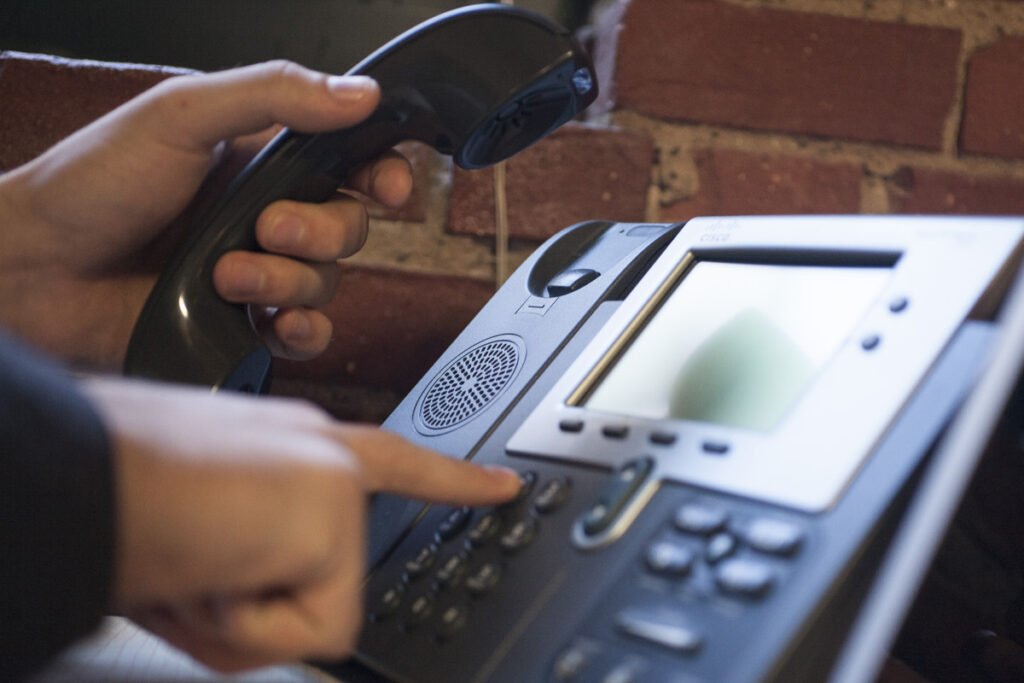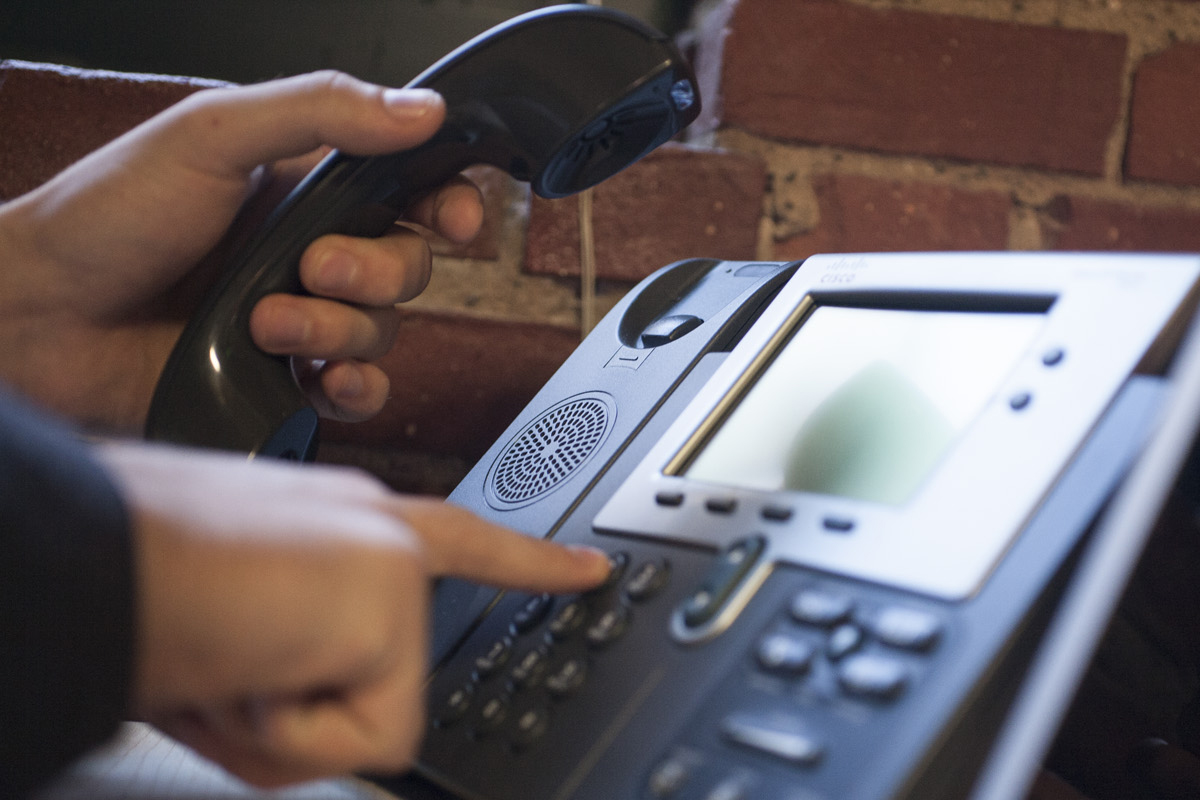Not sure whether to buy or where to start with setting up IP phones systems for your small to medium sized business? Your IT management services consultant should be able to help actualize business your IP phone system with ease but here are helpful hints that will aid you decide on what would best suit your type of enterprise.

Does Your Business Need IP Phones?
Does your business entail regularly speaking with clients? Would you like to have a professional sounding 24/7 automated answering service without having to pay the usual operator wages? Would you like to cut down on telephone bill costs? Will your business progress better if your employees can better collaborate via call and video conferencing? Would you like your clients and employees to be able to reach you wherever and whenever? Any business owner would reply with a resounding YES to all of these questions.
What Are IP Phones And How Does It Work?
Internet protocol phones uses the internet in sending packet-switched connections in transmitting data instead of the use of traditional circuit –switched connections of the traditional PSTN connected phone lines. IP phones, aka softphones, SIP phones, or VoIP phones, became a popular communications option for businesses because of the comparatively inexpensive day to day costs for the reason that it is commonly integrated with computers that can send not only voice data, but also video data over the internet.
What Do You Need To Get Started?
The cost required to get an IP phone system arranged is almost next to nothing, especially if you already have a broadband connection. You may need to upgrade your broadband connection depending on the number of simultaneous IP phone users. The more IP phone users, the greater the bandwidth requirements. A 15 Mbps connection could handle up to 10 simultaneous users even with other applications like instant messaging, spotify, and netfilx are all in use. Your IT management services team will help you choose the correct routers and switches that will be able to handle the load. It is best to choose a router that can be configured to give priority to VoIP phone calls. You should also look into the details of your broadband provider and find out if you have unlimited bandwidth and what it would cost you if you exceed the bandwidth cap.
Next, you would need a VoIP hosting service. There are two types of VoIP phone hosting options – self-hosted VoIP and a hosted service. Many small businesses opt for hosted IP phones because the provider does all the sorting and heavy lifting on their end and all you have to be concerned with is answering the calls from your clients or doing a conference call with your office team. Most IP phone systems do not need additional hardware to be installed on-site apart from the phones. In other cases, the most you would need to allocate for in your office is a space for a small hardware.
The self-hosted IP phone option, on the other hand, would need a PTSN gateway that receives the analog signals from the network of traditional telephones, and a VoIP capable version of the traditional PBX phone systems that routes calls to the correct phones that are connected to the network. Your IT management team should be able to suggest which type is best for your line of business but if you can foresee rapid business growth that would require you to add more phone numbers and IP phones then self-hosted type would be a better choice.
Lastly, you would need is the actual IP phone itself. There are 3 things to consider – Software based IP phones, Hardware IP phones, and an ATA adapter if you want to use the soft phone with a traditional analog phone. A software based IP phone uses your computer’s microphone and speakers (majority use headsets) in making or receiving calls. A hardware based IP phone functions much like a normal phone but it has a direct connection to the network via a hub that connects and shares the network connection with your computer. If you already have an existing phone line that you would like to utilize along with the IP phone then you would need an ATA adapter to allow your analog phone to appear as a regular soft phone on the IP phone system network.











